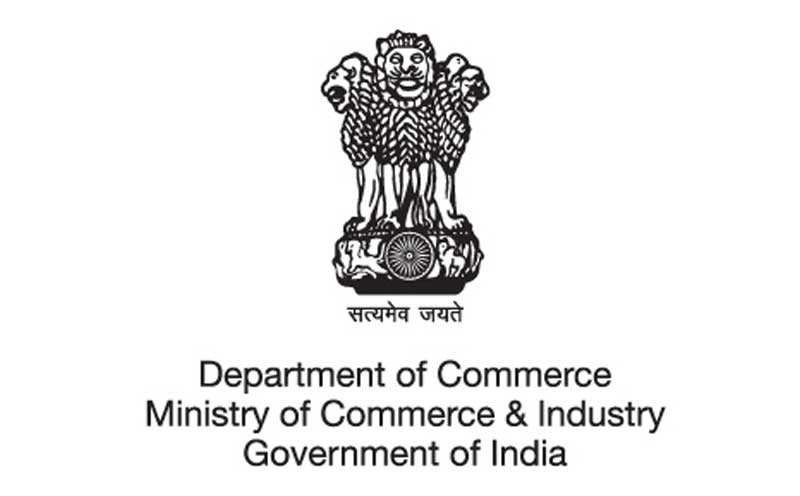NEW DELHI: The commerce ministry is considering to replace the multi-modal transportation of goods act with a full fledged national logistics law with a view to promote growth of the sector, a senior government official said on Saturday.
Special Secretary in the logistics division of the ministry, Pawan Agarwal said a National Logistics Efficiency and Advancement Predictability and Safety Act (NLEAPS) is under consideration and this law tends to define various participants of the logistics space and create a light regulatory ecosystem.
“What the logistics sector is all about is not very clear to us as of now and in that direction, we need to clearly define what the logistics sector is and what are the various elements in it. In this direction, there is a thinking and I am just sharing that thinking that the earlier legislation multimodal transportation of goods act…We are considering to replace it with a full-fledged national logistics law.” NLEAPS is under consideration, he said at a webinar organised by industry chamber PHDCCI.
Multimodal transportation includes a combination of more than one mode of movement, such as rail, road or sea, for end-to-end delivery of goods.
The Special Secretary sought views of the industry on the new law.
He said the logistics division is also working on how to modernise and formalise the logistics services and promoting digitisation in the sector, which is key for the smooth movement of goods.
Although the digital transformation of the sector is happening but adoption of technology across the board is still “very poor” particularly in the trucking sector, he said adding work is also going on for the development of a national logistics portal.
Agarwal suggested the trucking sector adopt providing electronic proof of delivery, install GPS devices to further improve the services.
“We are working towards finalising a national logistics policy. We will be having consultations once the draft is finalised,” he added.
The move assumes significance as high logistics cost impacts the competitiveness of domestic goods in the international market.
Effective implementation of the policy would help provide an impetus to trade, enhance export competitiveness, and improve India’s ranking in the Logistics Performance Index.
India’s logistics sector is highly fragmented and the government aims to reduce the logistics cost from the present 14 per cent of GDP (Gross Domestic Product) to less than 10 per cent.
According to an earlier statement of the ministry, the sector is very complex with more than 20 government agencies, 40 partnering government agencies, 37 export promotion councils, 500 certifications, and 10,000 commodities. (AGENCIES)


